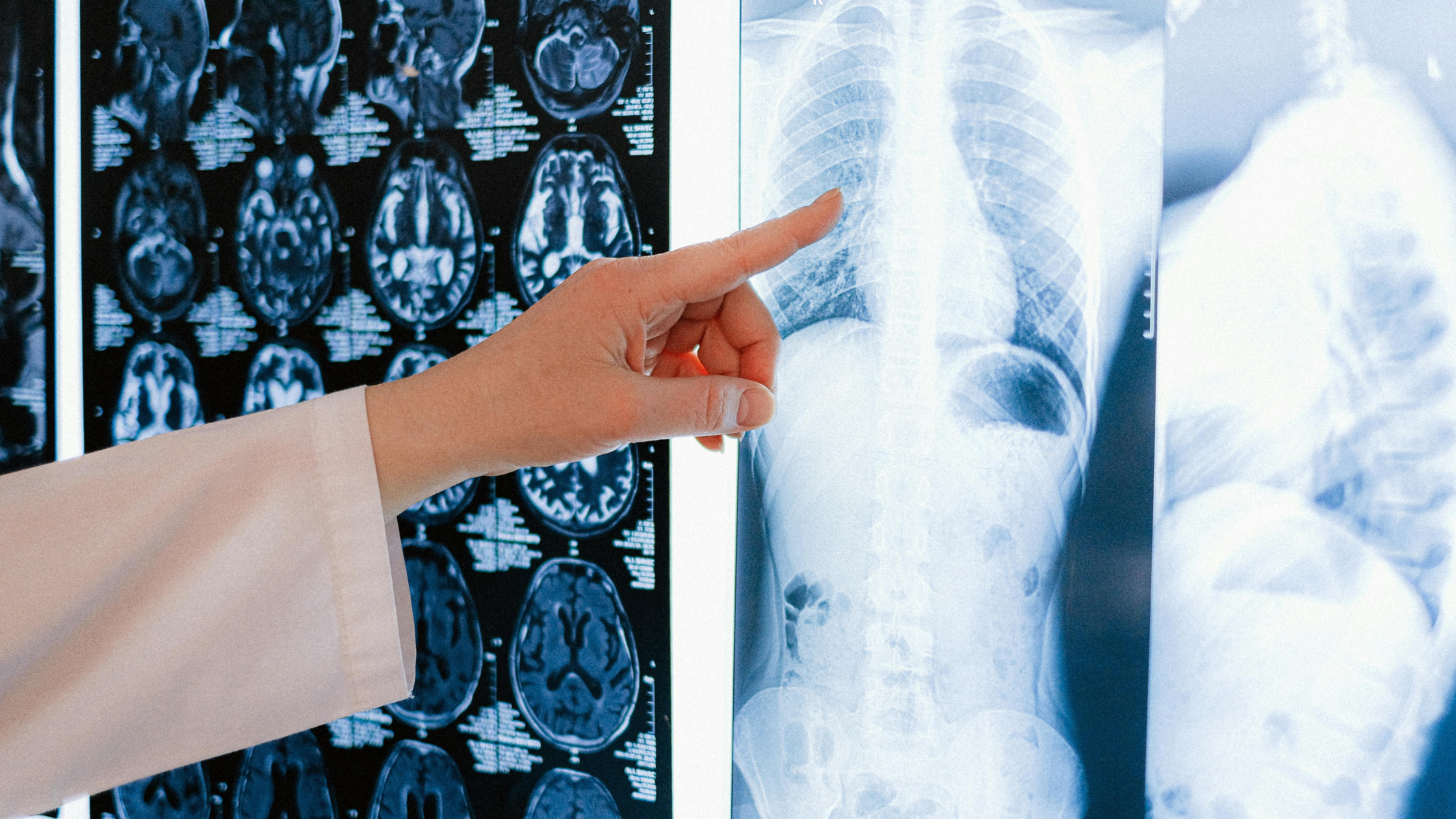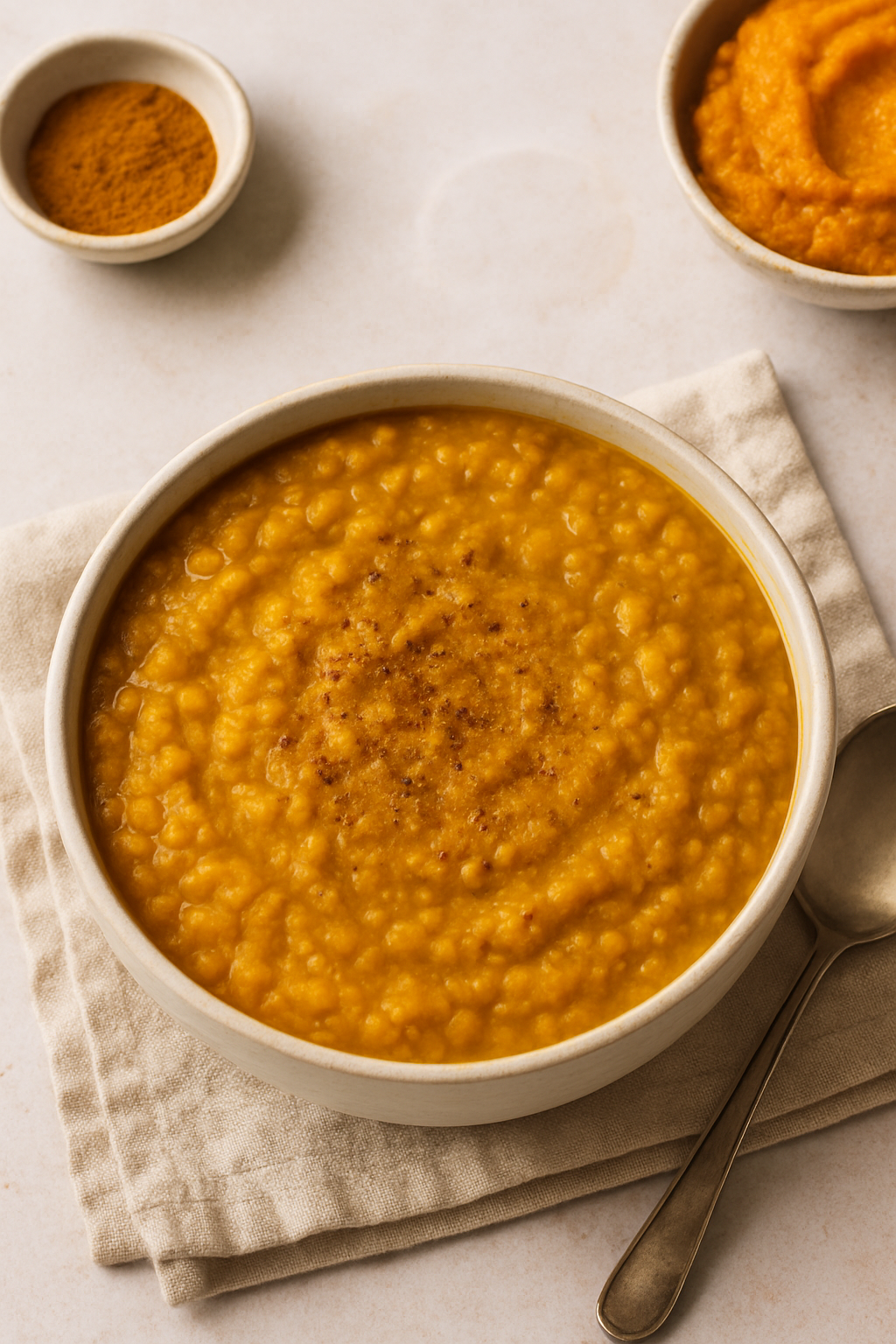A wellness perspective on the science behind your morning cup…
The Upshot
New research suggests caffeine may activate AMPK, a metabolic regulator linked to stress resilience, DNA repair, and slower cellular aging. This supports what we’ve long suspected: when consumed mindfully, caffeine can do more than just wake you up—it may support longevity, energy regulation, and metabolic health. But timing, quality, and your personal biochemistry matter. Energy drinks? Likely too concentrated. Organic matcha or green tea? More sustainable. Especially for women, understanding caffeine’s relationship to hormones and stress is key. The smartest approach blends high-quality sources, self-awareness, and rituals that restore your body’s natural energy rhythm.
For many of us, caffeine is a ritual—a stimulating, familiar start to the day. I generally begin my morning with organic ceremonial-grade matcha. It delivers a gentle release of caffeine thanks to the presence of L-theanine, an amino acid that promotes calm alertness—what I call, “energy with ease.” It gives me focus without the spike-and-crash cycle of conventional coffee. I’m now learning that there’s likely a lot more to it than I realized.
More than a Kickstart
Emerging science is now giving us new reasons to consider caffeine for more than sharpening our focus or powering us through when we feel tired. A recent study published in Microbial Cell reveals how caffeine researchers have uncovered how caffeine may actually play a role in slowing the aging process at a cellular level (1).
Using fission yeast, a single-celled organism often used to model human biology, scientists discovered that caffeine activates a key cellular regulator known as AMPK, short for 5′-adenosine monophosphate-activated protein kinase (or 5′-AMP-activated protein kinase). Think of AMPK as a kind of metabolic sensor that helps cells respond to stress, repair DNA, and manage growth. When activated, AMPK supports longevity by helping the body use energy more efficiently, regulate inflammation, and slow the buildup of cellular damage that contributes to aging.
This new insight deepens what we already suspected: caffeine’s benefits go beyond wakefulness. But as always in wellness, the dose, the source, and the context matter.
Caffeine and Women’s Health
It’s no surprise that caffeine is one of the most studied substances on earth, and there’s plenty of nuance in how it affects men and women differently—especially when it comes to exercise, hormones, and metabolism.
Some research shows that consuming caffeine before high-intensity interval training (HIIT) can enhance performance and support fat oxidation, particularly for women with obesity. In these studies, caffeine appears to boost the benefits of HIIT when taken before the workout (2). Post workout-recovery, though, is a different story.
Caffeine can spike cortisol, our primary stress hormone. After a workout, especially something as intense as HIIT, your body is already in a sympathetic (fight-or-flight) state. Adding caffeine on top of that can potentially disrupt recovery or make it harder to bring your nervous system back into balance. For women in particular, who may already be navigating fluctuating hormone levels or heightened sensitivity to stress, this matters (3).
Additionally, after exercise, the body craves hydration, nutrients, and repair, specifically in the form of water, clean carbohydrates, and plant-based proteins. Caffeine can temporarily suppress appetite and delay the intake of these vital building blocks. That’s why I generally recommend skipping coffee immediately after a workout and focusing instead on recovery and nourishment.
So, Is Caffeine Anti-Aging?
This latest research offers an exciting glimpse into caffeine’s potential as a longevity support, particularly in how it activates pathways associated with stress adaptation and metabolic regulation. The connection to AMPK is especially promising, given this enzyme’s role in managing how cells grow, repair, and age.
That said, longevity is never about a single component. It’s about how your systems work together, how you fuel them, and how you create space for rest, rhythm, and repair.
For example, once I’ve had my morning matcha, I rely on my body’s natural rhythms to carry me through the day. That means prioritizing quality sleep, nourishing myself with plant-based, high-vibrational foods, staying active, staying hydrated, and practicing daily stress management through meditation, breathwork, or Reiki.
Mindful Consumption
When I feel my energy start to dip, I listen. I’ll reach for organic fair trade green tea, drink more water, or take a few minutes for deep, mindful breathing. These rituals consistently bring me back to center.
For most healthy adults, experts generally agree that up to 400 milligrams of caffeine per day is considered safe. That’s roughly the amount in 3–4 cups of brewed coffee, or about 5–6 cups of green tea, depending on the strength. For matcha, that’s typically 2–3 servings (4).
Caffeine sensitivity varies widely. Genetics, hormone levels, stress load, and even gut health can affect how your body metabolizes caffeine. For some people, especially those prone to anxiety, hormonal imbalances, or sleep disruption, even 200 mg per day might feel like too much.
For women in particular, it’s smart to be mindful of timing. Post exercise caffeine may increase cortisol, and during the luteal phase of the menstrual cycle, caffeine can feel more stimulating due to shifts in estrogen and progesterone (5).
Timing is Key
When you take caffeine matters, too, of course. Too close to bedtime, and it may disrupt your sleep. Caffeine has a half-life of about 5 to 7 hours, which means that even if you drink it in the afternoon, a significant amount may still be circulating in your system when you’re getting ready for bed. For most people, it’s best to avoid caffeine after 12 p.m. to 2 p.m., especially if you’re sensitive or have trouble falling or staying asleep.
Even if you can fall asleep after an afternoon coffee, research shows that late-day caffeine can reduce the amount of deep, restorative sleep your body gets—affecting energy, mood, hormone balance, and cellular repair (6).
Restorative rest is a top priority when it comes to longevity, so stop caffeine early enough in the day to let your system fully wind down by evening. Reach for herbal teas or calming adaptogens, or practice breathwork instead.
Remember, energy isn’t just about how much caffeine you consume. It’s about how efficiently your body produces and protects it.
If you notice energy crashes, disrupted sleep, increased anxiety, or blood sugar dips later in the day, it might be time to reassess your caffeine timing or dosage. Start by swapping your afternoon coffee for herbal tea and increasing hydration, then noting how your body responds.
Dehydration
If you’re consuming caffeinated beverages, it’s important to drink water throughout the day. Water supports cellular energy, lymphatic flow, and detoxification.
A good general rule: for every 1 cup of coffee, matcha, or caffeinated tea, add an extra 1–1.5 cups of water to offset any diuretic effects and maintain hydration. And of course, listen to your body: dry mouth, low energy, or concentrated urine are all signs to increase your water intake.
The Takeaway
Caffeine can absolutely be a part of that bigger picture, especially when it’s consumed mindfully, in a form that honors your nervous system and is in balance with the rest of your body. If you love your coffee, tea, or matcha, you don’t need to give it up. But consider shifting how and when you consume it:
- Choose organic, high-quality sources when possible.
- Time your intake earlier in the day to protect sleep and recovery.
- Avoid energy drinks with excessive caffeine that can stress the body.
- Stay hydrated and attuned to how caffeine affects your mood, hormones, and hunger cues.
As we continue to learn more about how plant compounds like caffeine interact with the body, I’m reminded that the most powerful rituals are the ones rooted in both science and soul. It’s not just about what energizes you in the moment. It’s about what sustains your vitality long term.
Your energy is sacred, so be sure to honor it.
xo – Serena
FAQs
Q. What is AMPK and why does it matter for aging?
A. AMPK (5′-AMP-activated protein kinase) is a key cellular enzyme that acts like a fuel gauge for your cells. When activated, it helps the body manage energy more efficiently, reduce inflammation, support DNA repair, and slow the accumulation of age-related cellular damage. Think of it as a built-in regulator that helps your body respond more intelligently to stress.
Q. How does caffeine activate AMPK, and is that a good thing?
A. According to the new study on fission yeast, caffeine helps trigger AMPK activity, which mimics some of the benefits of caloric restriction and exercise. While more research is needed in humans, this effect could be part of why moderate caffeine intake is associated with longevity and lower risk of chronic disease.
Q. Is ceremonial-grade matcha better than regular green tea or coffee?
A. Ceremonial-grade matcha tends to be higher in L-theanine, an amino acid that smooths out the effects of caffeine. The result is steadier focus, less jitteriness, and a calmer energy curve. It’s also richer in antioxidants like EGCG, making it a strong choice for those seeking plant-based cognitive and cellular support.
Q. I’ve heard caffeine might benefit people with PCOS—is that true?
A. Emerging animal studies suggest that caffeine may positively affect metabolic pathways involved in PCOS. However, human studies are limited, and responses can vary widely based on individual hormone profiles. It’s best to work with a practitioner who understands integrative approaches to hormone health if you’re considering caffeine as part of a PCOS protocol.
Q. Can caffeine really suppress appetite after workouts? Should I avoid it?
A. Yes, caffeine is known to blunt appetite temporarily and may interfere with post-exercise recovery by delaying intake of carbs and protein. Since your body needs nourishment and hydration after intense training, it’s best to hold off on caffeine until you’ve replenished those needs.
Citations
- John- Patrick Alao, Juhi Kumar, Despina Stamataki and Charalampos Rallis (2025). Dissecting the cell cycle regulation, DNA damage sensitivity and lifespan effects of caffeine in fission yeast. Microbial Cell 12: 141-156. doi: 10.15698/mic2025.06.852
- Forbes SC, Candow DG, Smith-Ryan AE, Hirsch KR, Roberts MD, VanDusseldorp TA, Stratton MT, Kaviani M, Little JP. Supplements and Nutritional Interventions to Augment High-Intensity Interval Training Physiological and Performance Adaptations-A Narrative Review. Nutrients. 2020 Jan 31;12(2):390. doi: 10.3390/nu12020390. PMID: 32024038; PMCID: PMC7071320.
- Lovallo WR, Farag NH, Vincent AS, Thomas TL, Wilson MF. Cortisol responses to mental stress, exercise, and meals following caffeine intake in men and women. Pharmacol Biochem Behav. 2006 Mar;83(3):441-7. doi: 10.1016/j.pbb.2006.03.005. Epub 2006 May 2. PMID: 16631247; PMCID: PMC2249754.
- https://www.fda.gov/consumers/consumer-updates/spilling-beans-how-much-caffeine-too-much
- Purdue-Smithe AC, Manson JE, Hankinson SE, Bertone-Johnson ER. A prospective study of caffeine and coffee intake and premenstrual syndrome. Am J Clin Nutr. 2016 Aug;104(2):499-507. doi: 10.3945/ajcn.115.127027. Epub 2016 Jul 6. PMID: 27385613; PMCID: PMC4962155.
- Drake C, Roehrs T, Shambroom J, Roth T. Caffeine effects on sleep taken 0, 3, or 6 hours before going to bed. J Clin Sleep Med. 2013 Nov 15;9(11):1195-200. doi: 10.5664/jcsm.3170. PMID: 24235903; PMCID: PMC3805807.
by







